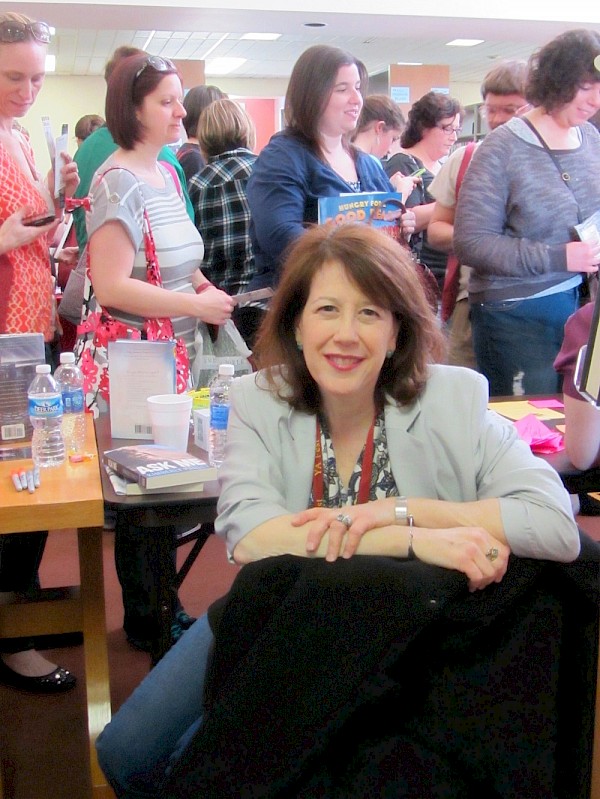written by Melody Pujols and Laurie McMillan
One of the hallmarks of a college career is learning how to conduct research that matters. You might have had some introduction to it in high school or even earlier, but chances are that college is most people’s first introduction to scholarship that contributes to a disciplinary field.
Of course, the point of conducting research is to acquire more knowledge and knowledge should ideally be shared. If you’re ready to take that step, here are some venues to consider as a potential home for academic writing that you’re really proud of—academic writing that others would like to read.
Multidisciplinary Journals
Journal of Undergraduate Research and Scholarly Excellence
Perspectives on Undergraduate Research and Mentoring [articles co-authored by faculty and students]
Lethbridge Undergraduate Research Journal
Reinvention: A Journal of Undergraduate Research
Pittsburgh Undergraduate Review
SURJ: Stanford Undergraduate Research Journal
Rhetoric, Literacy, and Writing Studies

Young Scholars in Writing: Undergraduate Research in Writing and Rhetoric
Other Discipline-Specific Journals
The Journal for Undergraduate Multimedia Projects (also known as The JUMP…not really discipline-specific, but it’s the perfect place for digital and other multimedia projects!)
International Undergraduate Journal for Service Learning, Leadership, and Social Change
Critique: A Worldwide Student Journal of Politics
The Dialectics: Journal of Law, Leadership, and Society
Inquiries Journal: Social Sciences, Arts, & Humanities
Undergraduate Research Journal for the Human Sciences
And a few tips before you submit….
If you’re not certain whether a specific journal is the right home for your writing, spend some time reading past issues. If you find some subject areas that interest you and if the writing seems similar to yours in terms of style, quality, and content, your chances of publishing with that journal increase.

Make sure you review all the submission guidelines. They are there to avoid wasting the time of the people who submit their writing as well as the people who will review the writing. You should take those guidelines seriously.
You should be prepared for rejection, which is often part of the publishing process. You should also be prepared to revise your work so that it meets the standards and guidelines of a particular journal.
While anything less than enthusiastic acceptance and praise may be challenging, please know you are in good company. Most people who publish their writing tend to experience a good amount of rejection and do more revising of their work than most of us like to even imagine!
Why even bother if it’s not easy? Because you’ve made some discoveries in your work that other people might be interested in or benefit from. Why keep your discoveries to yourself? It feels fantastic to have your writing out in the world where others will read it and appreciate it.
Good luck! and if you know of other good venues for undergraduate research and writing, give us your tips in a comment!

